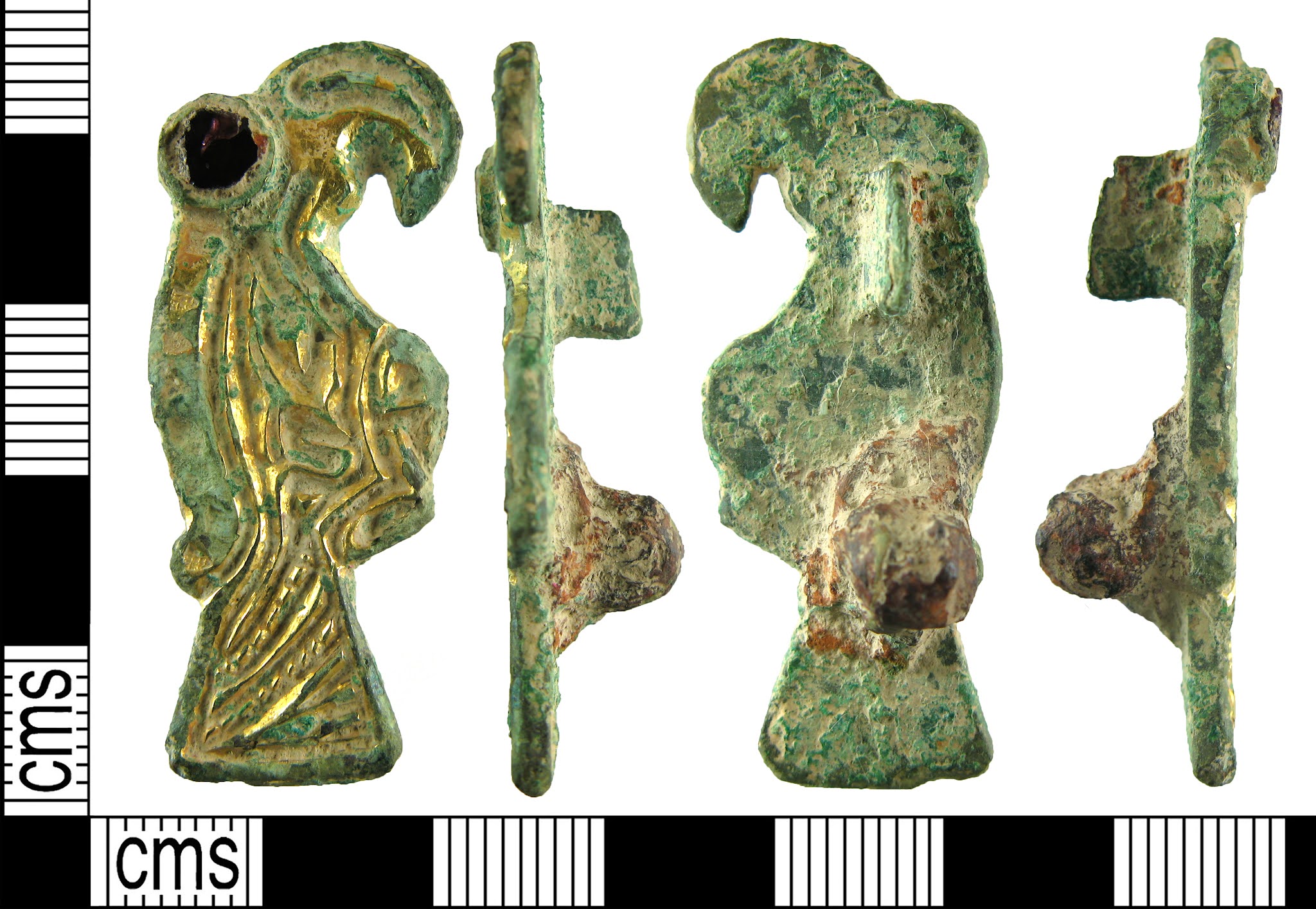Centuries-old documents related to the capture of ships by the British are accessible online from today, for the use of international researchers. The “Prize Papers” Project of the Academy of Sciences and Humanities Göttingen is, as a first stage, making available online via the website www.prizepapers.de documents from court processes linked to approximately 1,500 ship...
History
Identifying the Portable Toilets of the Ancient Roman World
New research published in the Journal of Archaeological Science Reports reveals how archaeologists can determine when a pot was used by Romans as a portable toilet, known as a chamber pot. “Conical pots of this type have been recognized quite widely in the Roman Empire and in the absence of other evidence they have often been...
Living Descendant of Sitting Bull Confirmed by Analysis of DNA from the Legendary Leader’s Hair
A man’s claim to be the great-grandson of legendary Native American leader Sitting Bull has been confirmed using DNA extracted from Sitting Bull’s scalp lock. This is the first time ancient DNA has been used to confirm a familial relationship between living and historical individuals. The confirmation was made possible using a new method to...
Italian Sailors Knew of America 150 Years Before Christopher Columbus, New Analysis of Ancient Documents Suggests
New analysis of ancient writings suggests that sailors from the Italian hometown of Christopher Columbus knew of America 150 years before its renowned ‘discovery’. Transcribing and detailing a, circa, 1345 document by a Milanese friar, Galvaneus Flamma, Medieval Latin literature expert Professor Paolo Chiesa has made an “astonishing” discovery of an “exceptional” passage referring to...
New York City’s Hidden Old-Growth Forests
In the popular imagination, New York City is a mass of soaring steel-frame skyscrapers. But many of the city’s 1 million buildings are not that modern. Behind their brick-and-mortar facades, its numerous 19th- and early 20th-century warehouses, commercial buildings and row homes are framed with massive wooden joists and beams. These structures probably harbor at...
‘Digging’ into Early Medieval Europe with Big Data
During the middle of the sixth century CE a dramatic transformation began in how the people of western Europe buried their dead. The transition from ‘furnished’ inhumation (those with grave goods to include jewellery, dress accessories, tools and personal items etc) to ‘unfurnished’ (those without grave goods) was widespread and by the early eighth century...
New Book Considers Democracy’s Future, Improving Governance
Following recent years of turbulent developments in politics, economics and social media around the world, one might assume these events inspire University of Illinois Chicago researcher Zizi Papacharissi to have an ominous view about what the future holds. That would be an incorrect assumption. It was during the Obama administration when she began to consider...
Prehistoric Killing Machine Exposed
Judging by its massive, bone-crushing teeth, gigantic skull and powerful jaw, there is no doubt that the Anteosaurus, a premammalian reptile that roamed the African continent 265 to 260 million years ago – during a period known as the middle Permian – was a ferocious carnivore. However, while it was previously thought that this beast...
Historically Redlined Neighborhoods Are More Likely to Lack Greenspace Today
Historically redlined neighborhoods are more likely to have a paucity of greenspace today compared to other neighborhoods. The study by researchers at Columbia University Mailman School of Public Health and the University of California, Berkeley and San Francisco, demonstrates the lasting effects of redlining, a racist mortgage appraisal practice of the 1930s that established and...
Yellow Gadsden Flag, Prominent in Capitol Takeover, Carries a Long and Shifting History
Flown by many protesters at the U.S. Capitol on Jan. 6, the Gadsden flag has a design that is simple and graphic: a coiled rattlesnake on a yellow field with the text “Don’t Tread On Me.” But that simple design hides some important complexities, both historically and today, as it appears in rallies demanding President...






